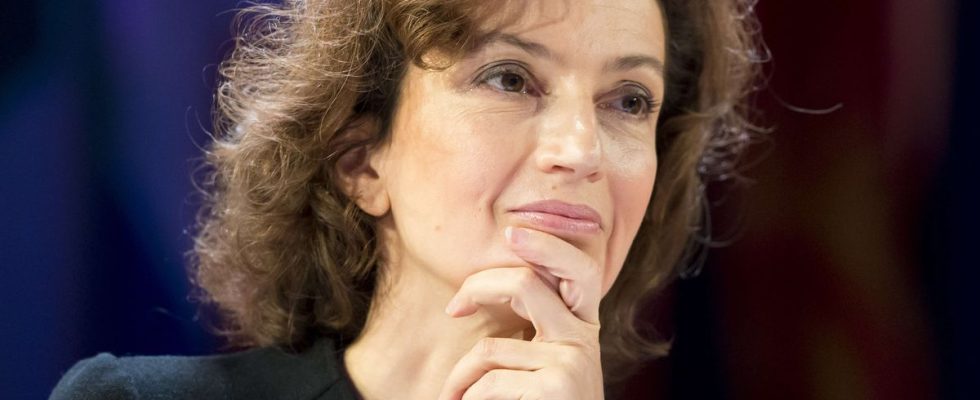12 moderators in Arabic, two in Hebrew, 20 in Spanish, 52 in French, compared to 2,294 in English… These are the moderation figures revealed Sunday by X (formerly Twitter). It is because this imbalance between languages and users can prove problematic that UNESCO now recommends that moderation of platform content be done “in all languages”.
This recommendation is one of seven unveiled this Monday by this United Nations body in order to combat disinformation and regulate social networks, a few months before the holding of local or parliamentary elections in 2024 in sixteen countries. UNESCO calls on platforms for “responsibility and transparency in algorithms”, as well as to take “more initiatives to educate and train users to deploy critical thinking”.
“Independent and public” regulators all over the world
These requests had already been made by other bodies, such as the European Commission. UNESCO stands out by calling for the establishment of “independent and public” regulators throughout the world, “with a clearly defined role and equipped with sufficient means to carry out their mission”. UNESCO asks that these regulators “work in a network”, in order to prevent “digital companies from being able to take advantage of regulatory disparities between countries”.
UNESCO also wants “the impact on human rights to be the compass for decision-making”, while Facebook, in particular, had been singled out by Amnesty International. In 2022, according to the NGOthe platform’s algorithm favored violent content against the Rohingya.
Finally, UNESCO asks that “regulators and platforms take reinforced measures in the most sensitive situations, particularly during electoral and crisis periods”.
“Not regulators, but a moral authority”
Wishful thinking? UNESCO denies this. “On a global scale, there are currently no coherent solutions,” argued Audrey Azoulay, the organization’s general director, when presenting the recommendations.
The United Nations body, which brings together 194 states, has no power to regulate platforms, but intends to act at other levels, by “supporting” its member states “so that they transpose this action plan in their law and regulations”.
“We are not regulators, but a moral authority,” summarizes Tawfik Jelassi, Deputy Director General for Communication and Information. “We reviewed around fifty texts dedicated to the fight against fake news [dont certains sont utilisés pour restreindre la liberté de la presse et la liberté de parole des opposants], adds Guilherme Canela De Souza Godoi, responsible for monitoring freedom of expression and the safety of journalists. What would have happened if these texts had followed the recommendations? [formulées ce lundi par l’Unesco] ? »
These recommendations are published as two billion people are called to vote next year around the world. According to a survey carried out by Ipsos for UNESCO in 16 countries, 87% of respondents are worried about the impact of disinformation on the upcoming elections in their country.

